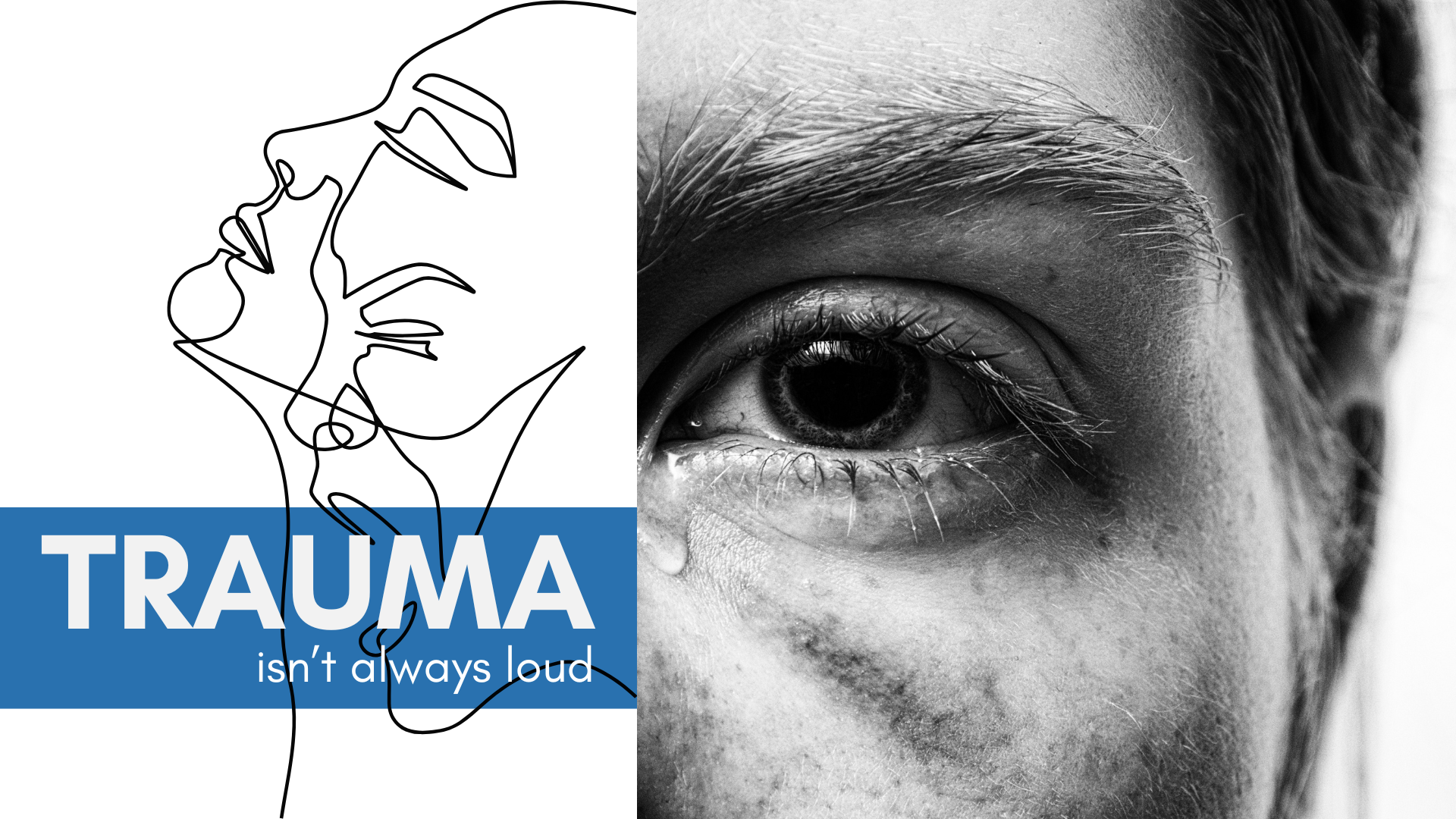We often imagine trauma as something dramatic e.g., a car crash, a violent crime, a childhood marked by chaos.
But trauma doesn’t always shout. Sometimes, it settles in quietly.
It lives in your nervous system, not your newsfeed.
It can look like:
-
Constant fatigue that no amount of rest touches.
-
A short fuse. Snapping at the people you love most.
-
Avoiding conversations, decisions, or even your own thoughts.
-
A flatness that replaces joy, even when life looks “fine” from the outside.
This is not just burnout. It’s the slow erosion of emotional safety over time.
The Hidden Weight of Daily Trauma
For many people, especially in South Africa, trauma is not a single event. It is cumulative:
-
Chronic stress from unsafe environments.
-
Witnessing suffering and being expected to cope.
-
The ongoing tension of financial strain, identity conflict, or systemic inequality.
In this context, trauma becomes embedded. Not just in memory, but in the body.
You might not have flashbacks or panic attacks.
You might just feel tired.
Why This Matters
When we only respond to trauma that screams, we miss the millions quietly affected.
We risk ignoring:
-
Learners who misbehave because their nervous systems are dysregulated.
-
Teachers and parents who are emotionally depleted but expected to perform.
-
Professionals who keep going, despite knowing something in them feels gone.
Trauma is not always acute. Sometimes, it is ambient.
And that does not make it less real.
So What Can Be Done?
Support starts with recognition. It continues with:
-
Body-based regulation tools (like breathwork, somatic tracking, or movement).
-
Psychoeducation that reframes behaviour as communication.
-
Therapeutic spaces where exhaustion is not judged, but explored.
-
Workplace interventions that consider emotional load, not just output.





